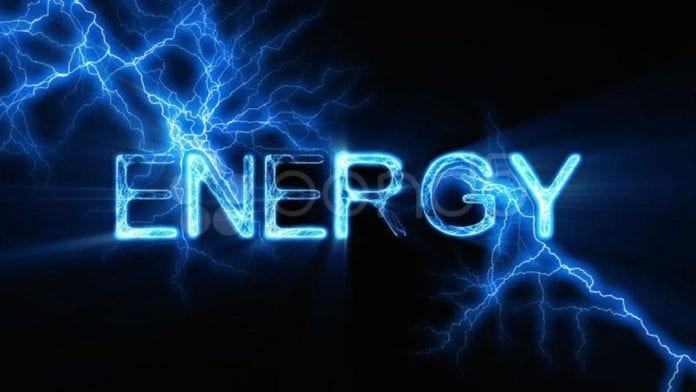- Before winter even begins, 2.8 million households say they owe £188 million to energy supplier – an average debt of £68.20 each[1]
- Almost half a million more homes than last year are entering the coldest time of year[1] in debt – although total amount owed is £79 million less than last year
- 1.9 million plan to cut back on food spend in order to stay warm over the colder months[2]
- 9.6 million households are worried about how they are going to pay their bills this winter[3]
- Uswitch encourages vulnerable customers to check what support might be available to them.
Almost three million households owe £188 million to their energy suppliers before winter has even begun[1], according to the latest winter energy debt research from Uswitch.com, the comparison and switching service.
The jump in the number of homes in debt comes at a time when energy accounts should ideally be in credit after the summer months. The findings show a 22% increase in the number of households in debt to their supplier compared to this time last year – some 460,000[1]. These homes now face seeing their monthly payments increase at the most challenging time of year for energy bills.
The total amount owed to energy suppliers in the UK is £188 million, working out at £68.20 per household. Although the overall number of people in arrears has increased, the total debt is £79 million less than last year[1].
Of those in debt, 65% say the amount they owe their supplier is the same or higher than what they owed last year, while only 13% said they owed less money than last year[4].
In total, 9.6 million households are worried about how they are going to pay their bills this winter[3]. A concerning 14% of bill-payers are planning not to put their heating on even when it’s cold, and 8% say they are going to try to spend more time out of the house to avoid heating. Worryingly, 1.9 million households say they will spend less on food in order to pay for their energy bills[2].
Uswitch’s winter energy debt study found that nearly four in ten of households (37%) are planning to wear more layers of clothing so they can avoid putting the heating on this year, while three in ten (31%) are planning to switch more appliances off. More than a quarter of households (26%) are planning to turn their thermostat down[2].
The study also found that energy companies are still not proactively contacting all customers when they slip into the red. More than half of households in arrears (54%) said their supplier had not contacted them about the debt. Just a fifth (22%) were contacted by their supplier, who either helped organise a repayment plan or provided advice on using less energy[5].
Switching suppliers can help people pay less on their energy bills, advises Uswitch.com. Credit meter customers need to clear any debt before switching their provider unless it is less than 28 days old, in which case it will be added to the final bill[6]. If the debt cannot be paid off in one go, switching to the supplier’s cheapest deal will help bring costs down.
Prepayment meter customers in debt of less than £500 per fuel can usually switch suppliers, but should still organise a manageable repayment plan[6].
However, for many households in the most difficult situations, switching alone won’t be enough to solve the problem. Debt charities such as StepChange provide guidance for people experiencing financial difficulties. National Energy Action also offers advice on energy bills and keeping warm at home.
There is also extra help available for vulnerable consumers through schemes like the Winter Fuel Payment, Cold Weather Payment, and Warm Home Discount. Energy customers can use this tool to find out whether they could be eligible.
Sarah Broomfield, energy expert at Uswitch.com, said: “It’s incredibly worrying that so many more homes have found themselves in energy debt as we head towards the coldest time of the year.
“It’s also alarming that nearly two million households will be forced to choose between heating or eating just to make ends meet.
“It’s clear that there’s room for energy companies to do more to make customers aware if they are falling behind on their bills, and lay out the options or help available for paying off that debt.
“Anyone who is worried about their debt should contact their energy supplier as soon as possible to set up a repayment plan. They can also ask for energy savings advice and check if they are eligible for free insulation grants, such as the newly launched Green Homes Grant, to help keep costs down longer term.
Find out how you could save nearly £1,000 a year with Uswitch here.

| [donate]
| Help keep news FREE for our readersSupporting your local community newspaper/online news outlet is crucial now more than ever. If you believe in independent journalism,then consider making a valuable contribution by making a one-time or monthly donation. We operate in rural areas where providing unbiased news can be challenging. |



















